For most of us, our daily lives and routines have been changed beyond recognition. Making healthy choices around food can become far more difficult. Therefore, it's important that we take some time to look at our eating patterns and dietary habits. We want to make sure they're suited to our new lifestyle and circumstance we're temporarily in at the moment.
Cabin fever may have set in. It might feel like we're hibernating, or locked up in solitary confinement. We may feel a little down, lethargic or even helpless. During times like this, it's common to rely on food or alcohol for comfort. To provide some variety and escape the monotony we might be facing.
More...
What and how we eat can have a major impact on how we feel.
We may be looking for comfort. That is to say, something to make us feel better. What we might find though is that we end up feeling flat - slow, sluggish, tired or even guilty. It's better to ensure what we're eating actually serves the purpose we're intending.
Whether you're working from home, or just have to 'hang out' there for a while, it's important to maintain a healthy relationship with food. Below are some simple tips and things to consider to help you make healthy choices.
It's crucial we continue to support our mental and physical health. Now more than ever.
We may not have much control over what is happening outside. However, what we eat and drink on a daily basis is, for the most part, something we can still control.
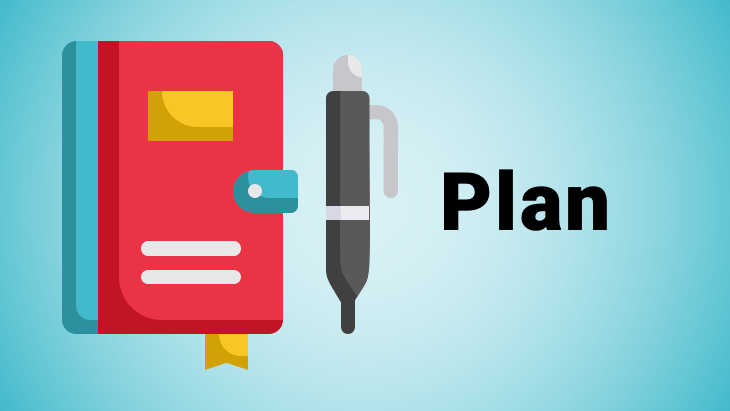
Have a meal plan, or regime in place
Knowing what you're going to eat over the day will keep you in control. Having a structure around your meals and snacks will help ensure bad habits don't creep in.
Additionally, you'll also gain better understanding of your emotions around eating. For example, are you eating to nourish your body, because you're genuinely hungry? Or, on the other hand, are you just bored and feeling upset.
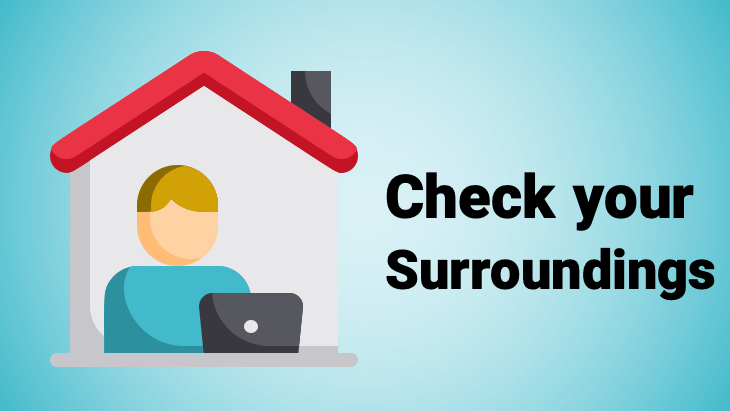
Keep your surroundings healthy
Does your environment support and encourage healthy choices?
If possible, define set, distinct areas for eating and for working. Sometimes the lines can become blurred. For example, we might eat at the computer, or work at the kitchen counter. Not only might your digestion suffer, but you'll be forgoing a necessary break from work.
Mindfulness while eating is super important for our health and our emotions. It's okay to take a break. Set up a new space in the house, or out in the garden even, where you can eat and relax.
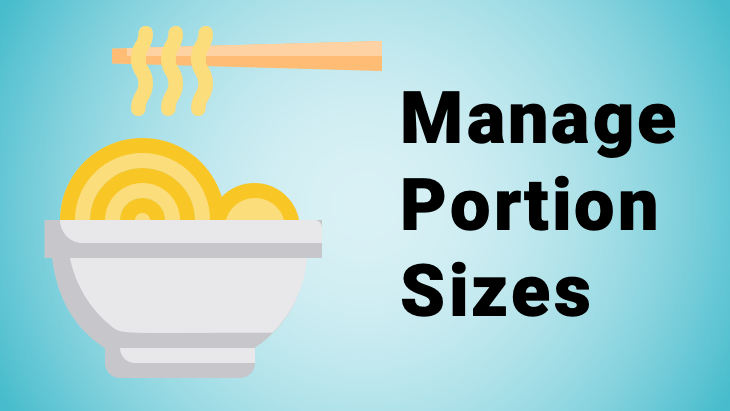
Practise portion control
The chances are, you're not as active while you're confined to your own home. Therefore, you probably don't need to eat the same amount of food as you usually do. You may have to reduce your calorie intake if your activity levels have fallen.
We're not talking about drastic changes to your diet here. It might be as simple as serving up a little less at mealtimes. Familiarise yourself with recommended serving sizes and keep your portions in check.

Look for opportunities to improve your diet
Use the extra time you might now have available to explore your options. Perhaps you never had time before to plan or prepare healthy meals from scratch.
Maybe now you can cook in bulk. You might be able to pack your freezer with healthy, pre-portioned meals. Likewise, you might now be able to try out new recipes and different techniques.
Perhaps while you were working, you got used to getting home late. Maybe now you can eat dinner earlier. Similarly, you might have more time in the mornings to have a healthy balanced breakfast. No more rushing out the door and grabbing something on the way.
READ ALSO: Is Breakfast Cereal and Milk Healthy?
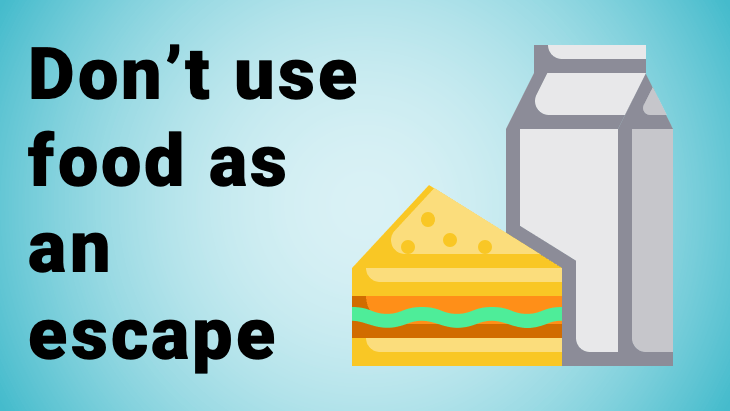
Food isn't your escape
It can be a stressful time, there's no doubt about it. If you need a moment to get away from your thoughts, or the task at hand, stop and take a break. Get up and do something else.
Especially while working, it can be hard to justify taking a break. You don't have to be eating in order to 'deserve' your break. Maybe you can find an activity that doesn't involve food that can provide you momentary escape.
Perhaps a quick workout - even running up and down the stairs. Maybe a short, but focussed, stretching session. Read a chapter in a book, or a newspaper article or magazine. Check-in with your friends and give them a phone call.
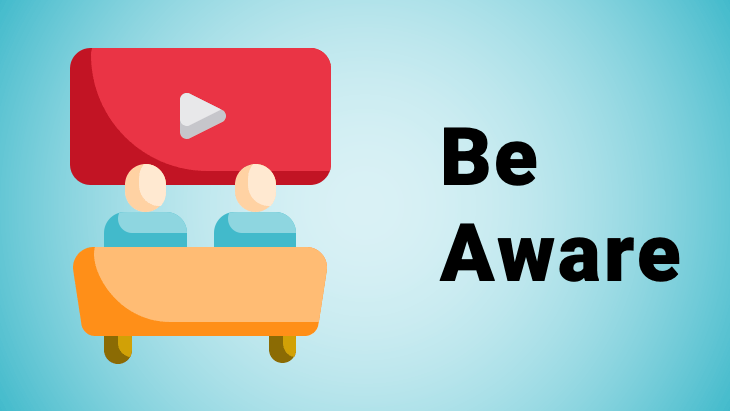
Practise mindfulness when eating
It's important to keep track of some sort of what you are consuming. Having some awareness of what you are eating certainly helps.
Eat your meals from a plate, with proper cutlery. Sit down and take the time to eat. No television or other distractions. The healthy choice is about taking time out for your food.
It's all too easy to get into the habit of eating right out of the packet or the fridge. Break that habit, starting now.
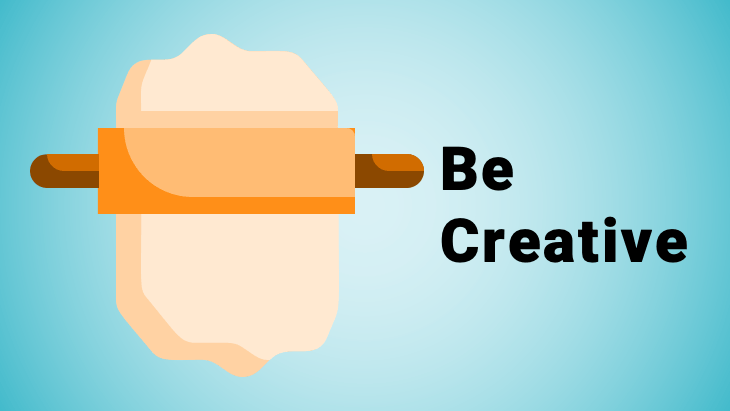
Get creative with your cooking
With more time up your sleeve, who knows what culinary delights you can rustle up. Become more flexible and increase the variety of what you eat.
Prepare or cook a meal from scratch. Take the time to try new cuisines or cooking techniques. Have fun with it - roll out pastry dough, or have a go at making your own pasta. Roast a pile of vegetables and experiment with different herbs and flavours.
Get the kids involved too. Learn new skills together and set them up for success.
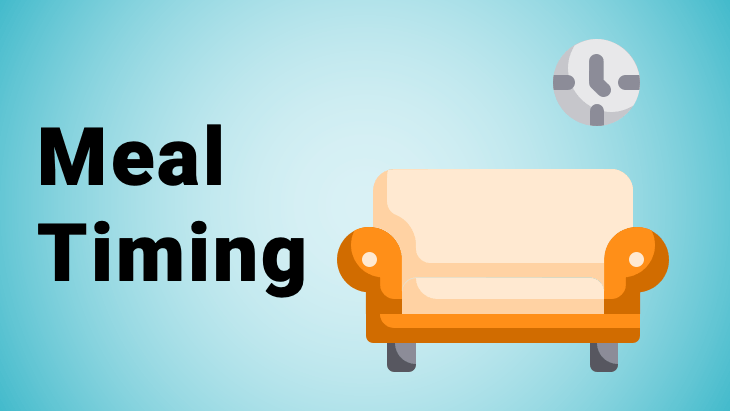
Stick to a schedule
Where possible, keep some sort of routine and daily schedule. Not just for meals, but for your day to day business too. Set an alarm, get up at the same time each day and aim to have a regular bedtime too.
Keeping a meal schedule helps prevent picking and grazing throughout the day. It's best to avoid mindless snacking and incomplete meals. Your blood glucose levels will remain much more constant. In other words, your appetite will be under better control. Moreover, you may find your digestion improves too, since your system gets more time between meals. Time to rest and digest.
A balanced meal or snack every 3 to 4 hours is a good target to aim for if your activity levels are low. If you are managing to stay active, perhaps still working out regularly, then every 2 to 3 hours might be more suitable.
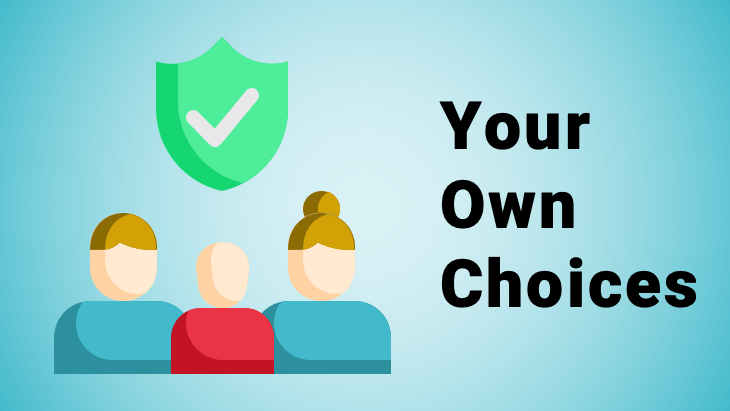
Make independent healthy choices
Keep your own health and fitness goals at the front of your mind. It's okay not to take part if other people in your household are eating items which don't fit in with your plans. Food doesn't have to be eaten just because it's there.
Resist temptation and find other, non-food-related ways of staying involved with your household.

Awesome post. Thanks for sharing this wonderful post with us!